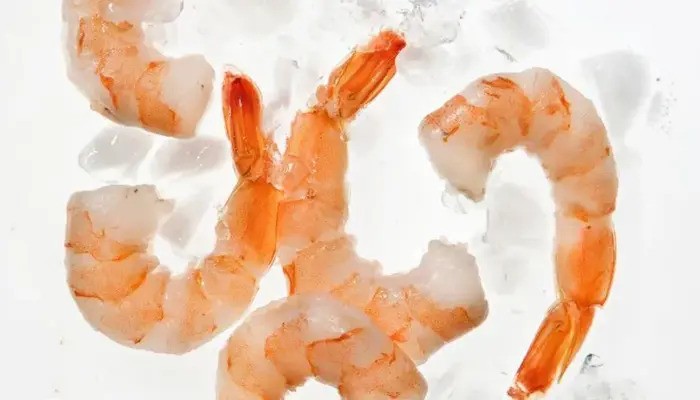A major food safety alert has emerged as Walmart shrimp recall was announced across 13 US states after traces of radioactive material were detected in a shipment. The US Food and Drug Administration (FDA) urged consumers not to eat the affected frozen shrimp sold under Walmart’s Great Value brand.
FDA Issues Warning
The FDA confirmed that one sample of breaded shrimp tested positive for Caesium-137, a radioactive isotope. While this particular batch did not reach US stores, officials stressed that the discovery raised serious concerns about food safety.
The agency emphasized that long-term exposure to Caesium-137 could increase the risk of cancer. Although no acute harm was reported from the tested shipment, the contamination highlighted vulnerabilities in seafood import inspections.
Recall Across 13 States
Walmart announced an immediate recall of three batches of shrimp products. The affected shrimp were sold in Alabama, Arkansas, Florida, Georgia, Kentucky, Louisiana, Missouri, Mississippi, Ohio, Oklahoma, Pennsylvania, Texas, and West Virginia.
Consumers in these states have been advised to check recent purchases and discard the recalled products immediately. Officials urged caution, even though other tested shipments showed no contamination.
Read: Kabul Hosts Trilateral Dialogue on Regional Cooperation
Walmart’s Response
A Walmart spokesperson stated that customer safety remains the company’s highest priority. The retailer confirmed it had removed the contaminated shrimp from all impacted stores and blocked further sales.
“We have issued a sales restriction and removed this product from our shelves. We are working with the supplier to investigate the issue,” the spokesperson said. Customers can return recalled products to any Walmart location for a full refund.
Supplier Under Scrutiny
The shrimp originated from an Indonesian supplier. According to the FDA, several shipping containers from this supplier have already been denied entry into the United States.
The contaminated shipment tested positive for Caesium-137, a byproduct of nuclear reactions often associated with radiation zones such as Chernobyl and Fukushima. While naturally occurring trace levels of Caesium-137 exist worldwide, the higher concentration detected in the shrimp raised alarm.
Health Concerns Linked to Caesium-137
Caesium-137 is a radioactive isotope produced during nuclear fission. It can contaminate food, water, and soil, and long-term exposure is linked to an increased risk of cancer.
The FDA clarified that the detected levels in the held shipment were not immediately life-threatening. However, repeated consumption of contaminated food could damage living cells over time and raise cancer risks.
Radiation experts stressed that food safety measures must remain rigorous to protect consumers from potential health hazards, especially with imported seafood.
Broader Food Safety Implications
The discovery has sparked debate about the monitoring of imported food supplies. The United States imports a large share of its seafood, making robust inspection systems critical.
Analysts believe the shrimp recall will intensify calls for stricter oversight of imported products. They also suggest that US regulators may expand testing procedures to prevent similar risks in the future.
Consumer Guidance
The FDA has urged consumers to carefully check packaging labels for batch numbers related to the recall. Anyone who purchased frozen shrimp from Walmart in the listed states is advised to dispose of the product immediately.
Customers who consumed the recalled shrimp should not panic, as the FDA indicated no acute risk of harm. However, they may contact healthcare providers for reassurance if they have health concerns.
Looking Ahead
The Walmart shrimp recall highlights the need for constant vigilance in food safety monitoring. It also underscores the importance of transparent communication between regulators, suppliers, and retailers when potential risks arise.
For Walmart, the recall represents both a test of consumer trust and a chance to demonstrate its commitment to safety. For the FDA, it reinforces the challenge of protecting public health in an era of globalized food supply chains.
As investigations continue, consumers remain the top priority. Officials insist that quick action has contained the issue, but the incident serves as a reminder of the risks tied to imported food and the ongoing need for strict safety standards.
Follow us on Instagram, YouTube, Facebook,, X and TikTok for latest updates
